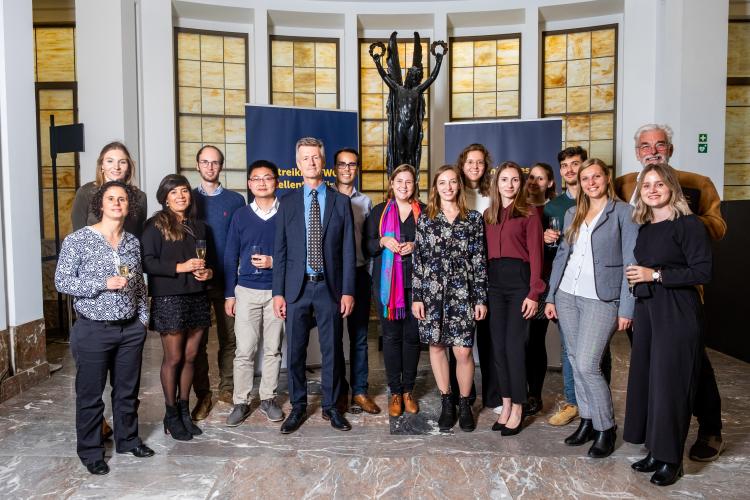First VIB labs achieve certification for sustainable practices
Two labs from VIB-UGent Center for Plant Systems Biology have received a Bronze level LEAF certificate for sustainable practices. The Jacobs and Boerjan labs have succesfully completed their first assessment and subsequent on-site audit. The LEAF assessment guides labs towards more sustainable practices in resource and energy efficiency, waste collecting and sorting, and overall people involvement. Congrats to both!



